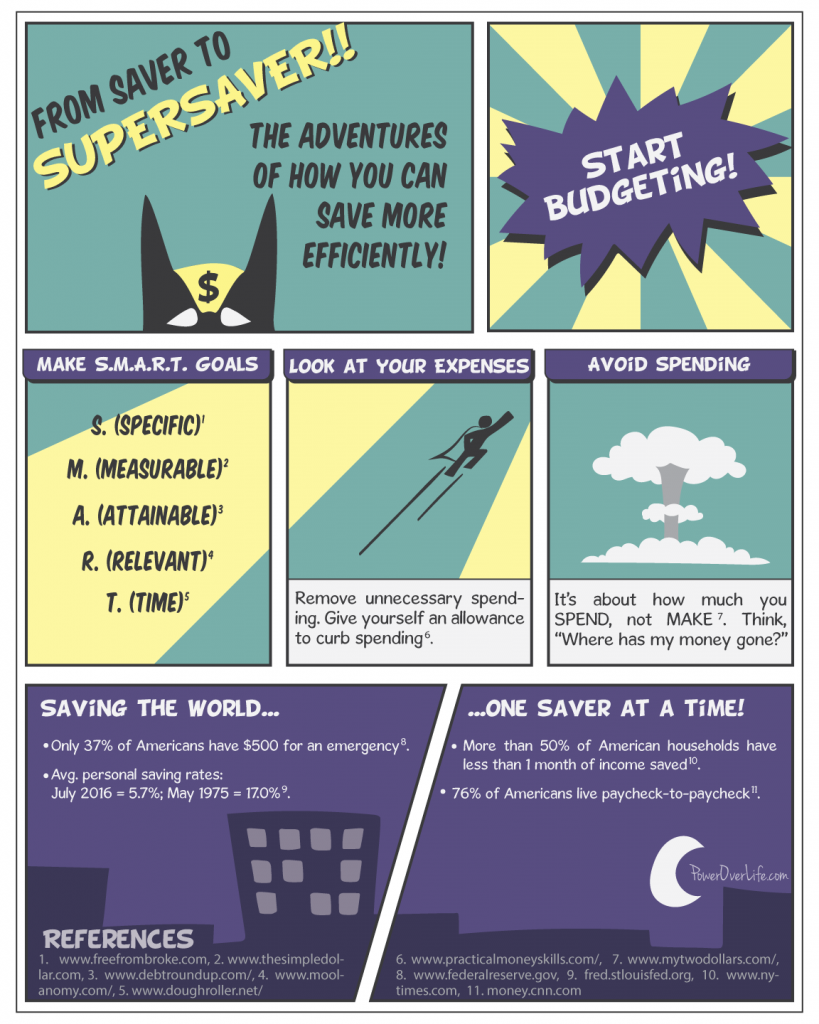Please welcome Jacob Merkley to the blog today.
My wife, daughter, and I spent the tail end of December and beginning part of January staying with my in-laws. It was great to spend the holidays with family and I walked away having learned a very valuable financial lesson, one that I most certainly wasn’t planning on learning.
My in-laws are very well off. And when I say “well off”, I mean that they live in the richest part of our city, have a mansion for a home, a $150,000 boat, a few cars that total over $200,000 combined, and an investment portfolio that I can only dream of. They definitely have a few million to their names.
Previous to this trip, I had never stayed with my in-laws before and I guess you could say that my eyes were opened as to how they got to where they are financially. I had always chalked it up to their ability to make money, but I learned that it had nothing to do with how much they made.
The big earth shattering discovery that I made was that my mother and father-in law were both “freaks” (for lack of a better word) when it came to their money… in a good way of course.
I made this discovery from a few experiences that included the following:
1. My mother-in-law shrieked when she didn’t get her weekly grocery ads in the mail. I was later present at the grocery store when she purchased $300 of groceries for only $130 using ad matching.
2. My father-in-law asked my mother-in-law a number of times for her receipts so that he could make sure the check-book was balanced and analyze their spending patterns for the month.
3. My father-in-law asked his personal IT guy to find a more cost effective way to put together his entertainment center (FYI, the speakers for this entertainment center cost over $22,000).
After making this discovery, I realized the valuable financial lesson that I can do more to save money! If my multi-millionaire in-laws were still trying to cut costs by ad matching and analyzing their spending habits…then I could be doing that too. It got me thinking…what else could I do to save more money?
How about you? What can you start doing (or stop doing) to help you start saving more money?
Take a few minutes and make some goals. You too can apply this valuable lesson to your own life…there is always more that you can do to save money. Become a SUPERSAVER, and just like my in-laws, you’ll be one step closer to achieving your financial goals!
Additional Ways to Save
Thanks Jacob for sharing your personal story and motivation for saving more this year. I couldn’t agree more that living below your means and a consistent approach to saving is the best way to build wealth no matter what your income.
Here are some additional ways I like to save money.
Pay Yourself First – Before you pay your bills, buy food, etc., make sure you are setting aside of portion of your income to save. Put the money in a savings account, 401K or IRA.
Automated Your Savings – Don’t let your saving be forgotten or skipped over, automated it to insure it’s consistently happening week after week or monthly. We also use a tool like Digit to help increase our saving rate.
Learn from Others – Just as Jacob’s in-laws were a great example and motivator for his family to do more when it came to their savings, there are several other great examples to take lead from. I often try and emulate other successful people. In the book “The Millionaire Next Door” there are countless example of how everyday people obtained millionaire net worth’s by following the live below your mean philosophy.
Having a successful saving plan is a key to building wealth. Avoiding debt allows you to have the available money to save. These needs to be coupled with having an overall budget and plan for your money. Following these basic core financial principles will give you the foundation to obtain whatever your goals may be.
What ways do you save money? Do you track your savings rate?

Brian is a Dad, husband, and an IT professional by trade. A Personal Finance Blogger since 2013. Who, with his family, has successfully paid off over $100K worth of consumer debt. Now that Brian is debt-free, his mission is to help his three children prepare for their financial lives and educate others to achieved financial success. Brian is involved in his local community. As a Financial Committee Chair with the Board of Education of his local school district, he has helped successfully launch a K-12 financial literacy program in a six thousand student district.


